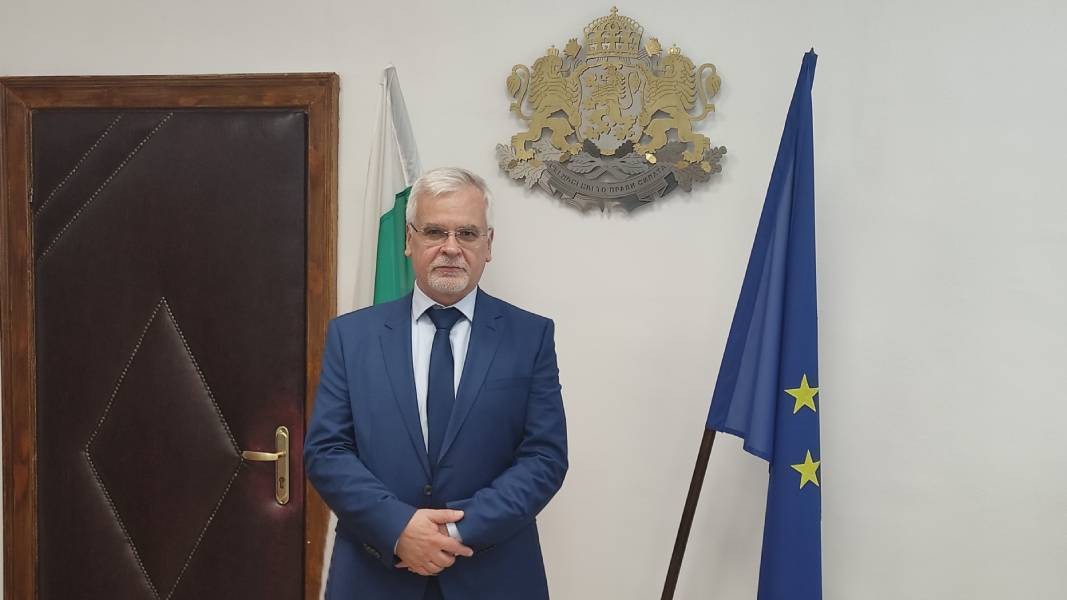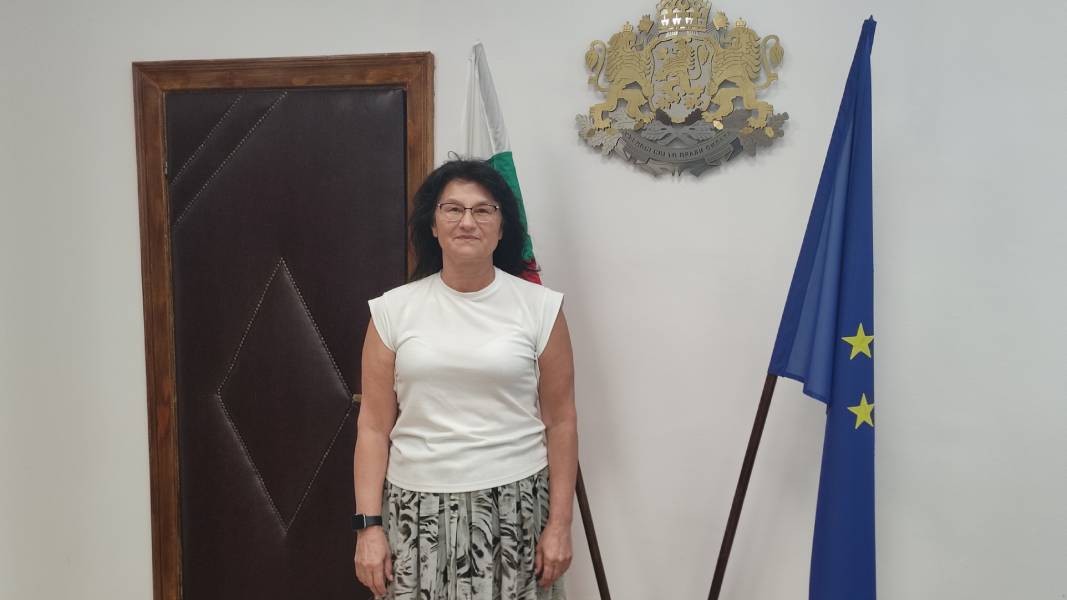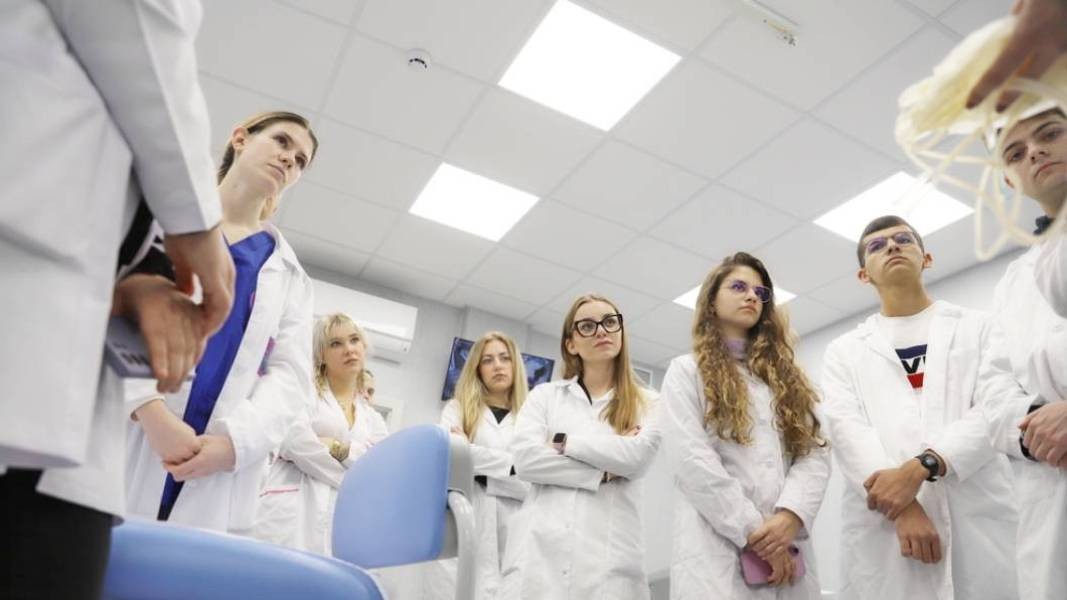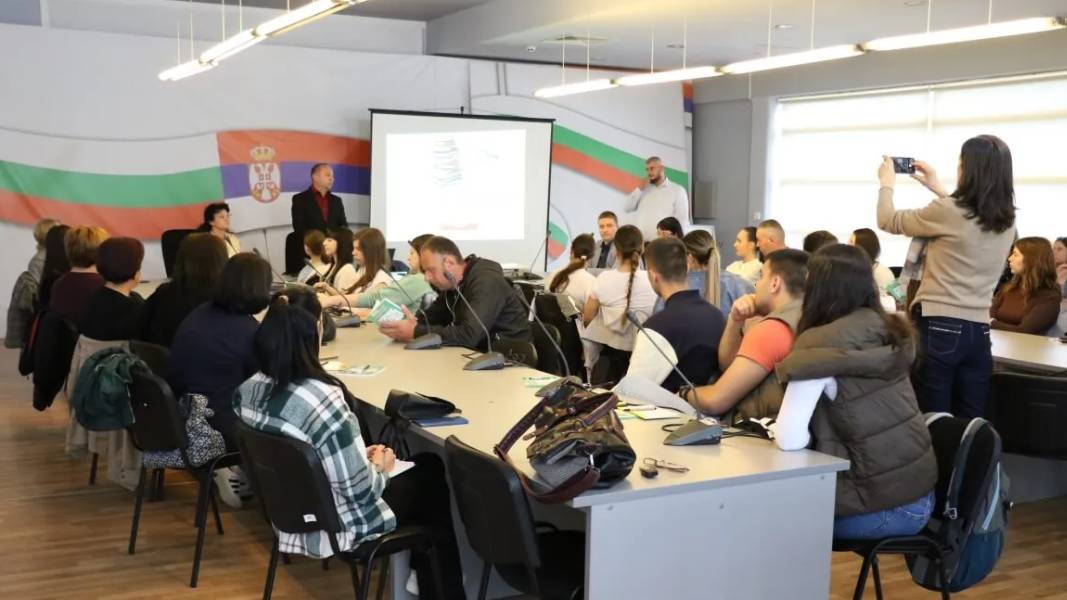Young people of Bulgarian descent living abroad continue to show sustained interest in enrolling at Bulgarian universities under Decree No. 103 of the Council of Ministers, issued in 1993. The decree provides preferential conditions for our compatriots from the diaspora who do not have Bulgarian citizenship.
For the upcoming academic year, the largest numbers of enrolled students come from Ukraine, Moldova, North Macedonia and Serbia, says Academician Nikolay Vitanov, Deputy Minister of Education and Science, in an interview with Radio Bulgaria.

"Currently, the Ministry of Education and Science provides 2,000 places for education in Bulgarian state universities for Bulgarians living abroad – Academician Vitanov said. – Of these, 40 places are designated for doctoral programs. There are also 240 places available for postgraduate qualification. The Bulgarian state additionally supports these students and trainees with a scholarship of 240 leva (approximately EUR 123) for students and 1,227 leva (approximately EUR 627) for PhD candidates and postgraduate persons. Students from seven countries – North Macedonia, Serbia, Albania, Kosovo, Kazakhstan, Ukraine and Moldova – are granted certain privileges. They are exempt from tuition fees, have access to state-subsidized dormitories and student canteens, have mandatory health insurance and attend a compulsory Bulgarian language course free of charge", said Nikolay Vitanov.

Analyses show that interest in studying in Bulgaria under Decree No. 103 has remained consistent over the years, with annual admissions ranging from 800 to over 1,000 new students.
For the upcoming academic year, the highest number of enrolled students from the Bulgarian diaspora come from Ukraine (847 students), Moldova (410), North Macedonia (254) and Serbia (160). The first three countries have seen a significant rise in the number of applicants to Bulgarian universities, while the number of students from Serbia has decreased by 14 compared to the previous year.

"The greatest interest is in disciplines such as Medicine, Dental Medicine and Pharmacy– explained Rositsa Koleva, Head of Coordination and Control Department of the Higher Education Directorate at the Ministry of Education and Science, in an interview with Radio Bulgaria. – In addition to the mandatory exams in Bulgarian language and literature and Bulgarian history, these applicants also take a specialized exam in biology and chemistry, which is conducted on the Ministry of Education’s online platform. There is also interest in "Architecture", "Building and Construction" and "Law". Economic programs such as "Business Administration", "Economics of Tourism", "Business Economics and Management" and "Marketing" are also very popular'', Rositsa Koleva went on to say.

Given the professional orientation of the students, the medical universities in Sofia, Varna, Pleven and Plovdiv have the highest number of enrolled students. Other preferred higher education institutions include Sofia University ''St. Kliment Ohridski'', the University of National and World Economy (UNWE), the University of Economics – Varna, the Technical University of Sofia and the Technical University-Varna. The University of Plovdiv ''Paisii Hilendarski'', St. St. Cyril and Methodius University of Veliko Tarnovo and the South-West University ''Neofit Rilski'' in Blagoevgrad also have students from the Bulgarian diaspora.

The application process for those wishing to study in Bulgaria takes place online via the Ministry of Education’s platform https://eskis.mon.bg. The Ministry of Education and Science is actively working to increase interest in Bulgarian higher education institutions through regular meetings and informational campaigns among Bulgarian communities abroad. Active collaboration is maintained with the principals of Bulgarian Sunday schools. Strong inter-institutional cooperation is maintained with Bulgarian consulates in these countries. There is also active collaboration with the Executive Agency for Bulgarians Abroad.
Published and translated by Kostadin Atanasov"We cannot escape from modern technologies, but we must think about how we can use artificial intelligence to improve the quality of education without losing human contact," said Mimi Nicheva, head of the Bulgarian Sunday School "Sts...
Nearly two centuries ago, in the distant 1838, the Bessarabian Archbishop Dmitry Kishinev and Khotinsky consecrated the magnificent Orthodox church "The Holy Transfiguration of the Lord" , built with voluntary donations and labor by the Bulgarian..
Bringing youthful energy, colour and cheer to the Bulgarian National Radio studio, students from the Bulgarian Sunday School Dr Petar Beron arrived from Larnaca. The group from Cyprus — 16 pupils aged between 14 and 19 — is currently on a week-long..
Sofia has a new spot for curious minds. Phenomena is a museum where science and art come together — a place to experiment, discover, and get hands-on..
‘In my view, the period between Bulgaria’s liberation and 1944 was especially significant because I believe that the country was then on the right..

+359 2 9336 661
